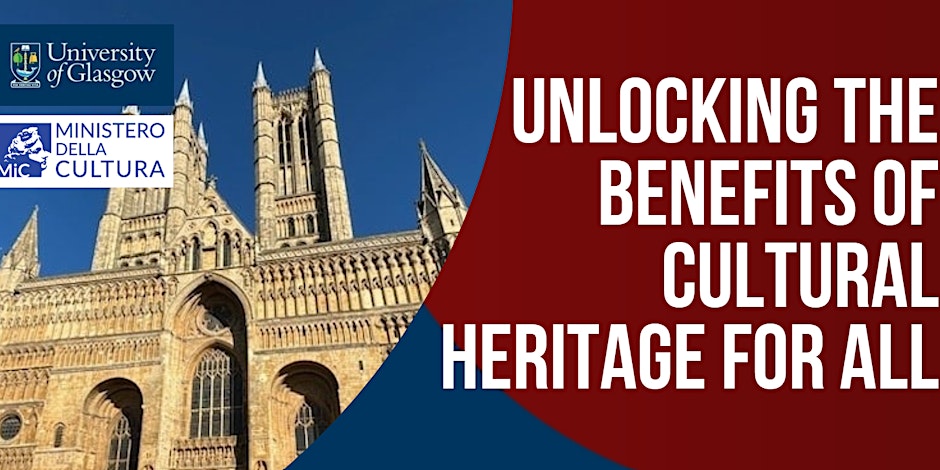
Cultural heritage plays a vital role in sustainability and wellbeing, serving as a cornerstone of what gives life meaning. Amid global instability and pressing sustainability challenges, preserving and utilizing cultural heritage is crucial for fostering resilient communities and promoting societal wellbeing. However, traditional economic frameworks often fail to account for the intrinsic value of cultural heritage, creating barriers to its protection and investment.
This seminar seeks to address these challenges by bringing together policymakers, cultural economists, and heritage researchers to explore the opportunities ahead.
In recent years, economic valuation techniques like choice experiments and contingent valuation have been employed to quantify the social benefits of conserving historic sites. Recognizing the importance of these methodologies, the UK’s Department for Culture, Media, and Sport (DCMS) introduced the Culture and Heritage Capital (CHC) Framework in 2021. This framework integrates cultural valuation into Social Cost-Benefit Analysis (SCBA), offering a structured method to capture both the use and non-use values of cultural heritage in policymaking and investment decisions.
To further support this initiative, the Arts and Humanities Research Council (AHRC) and DCMS have jointly invested £3.1 million into culture and heritage research. This funding supports six innovative projects that commenced in September 2023.
The seminar will provide a platform to discuss the potential of valuation techniques to highlight the often-overlooked value of cultural heritage in a wellbeing economy. Key topics include:
•The theoretical foundations of the CHC Framework.
•Insights from ongoing AHRC/DCMS-funded projects.
•International best practices in cultural valuation.
The event will conclude with a roundtable discussion, focusing on policy bottlenecks, current research challenges, and future opportunities in the field. For more information, pleas visit here.
